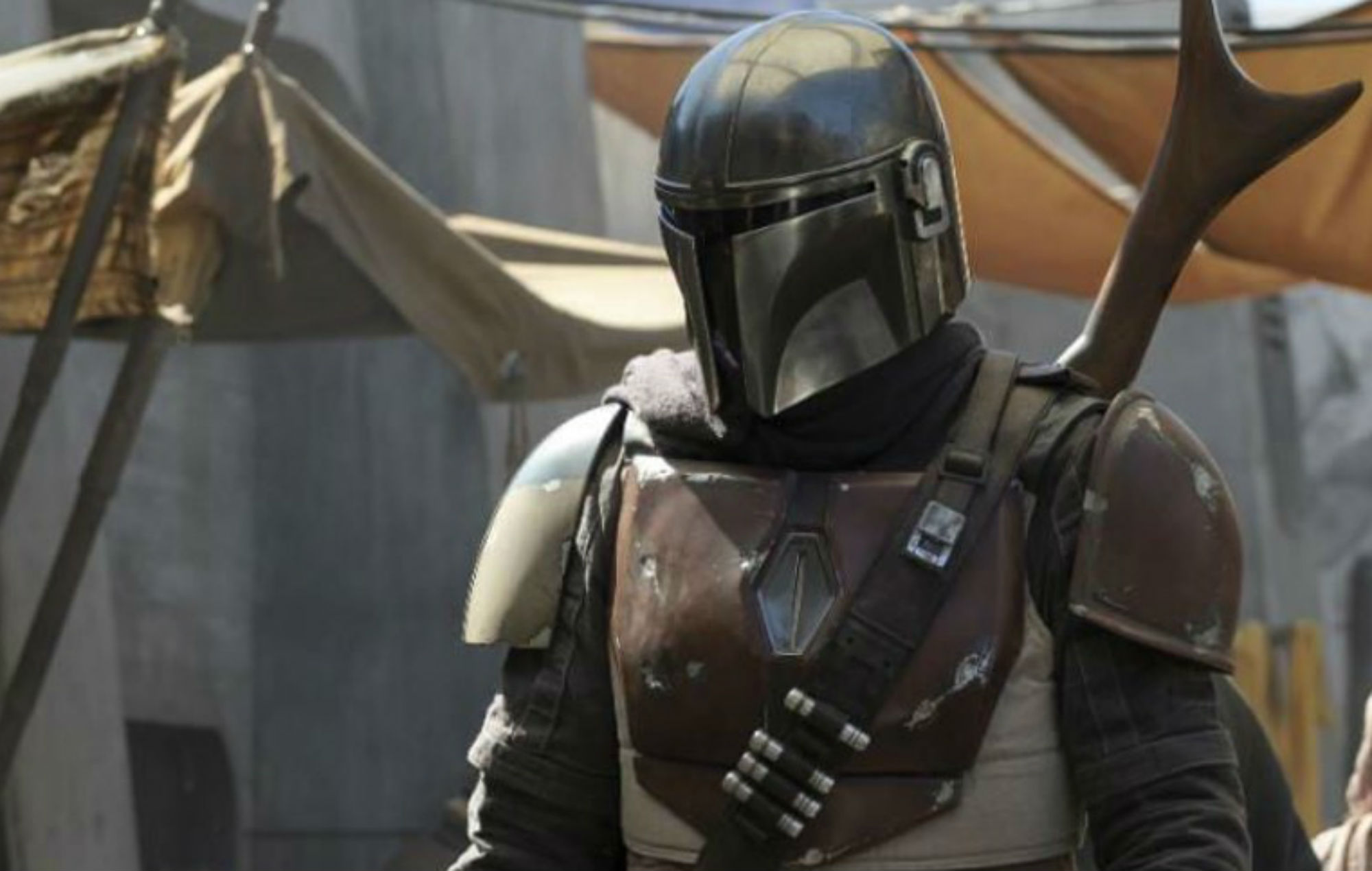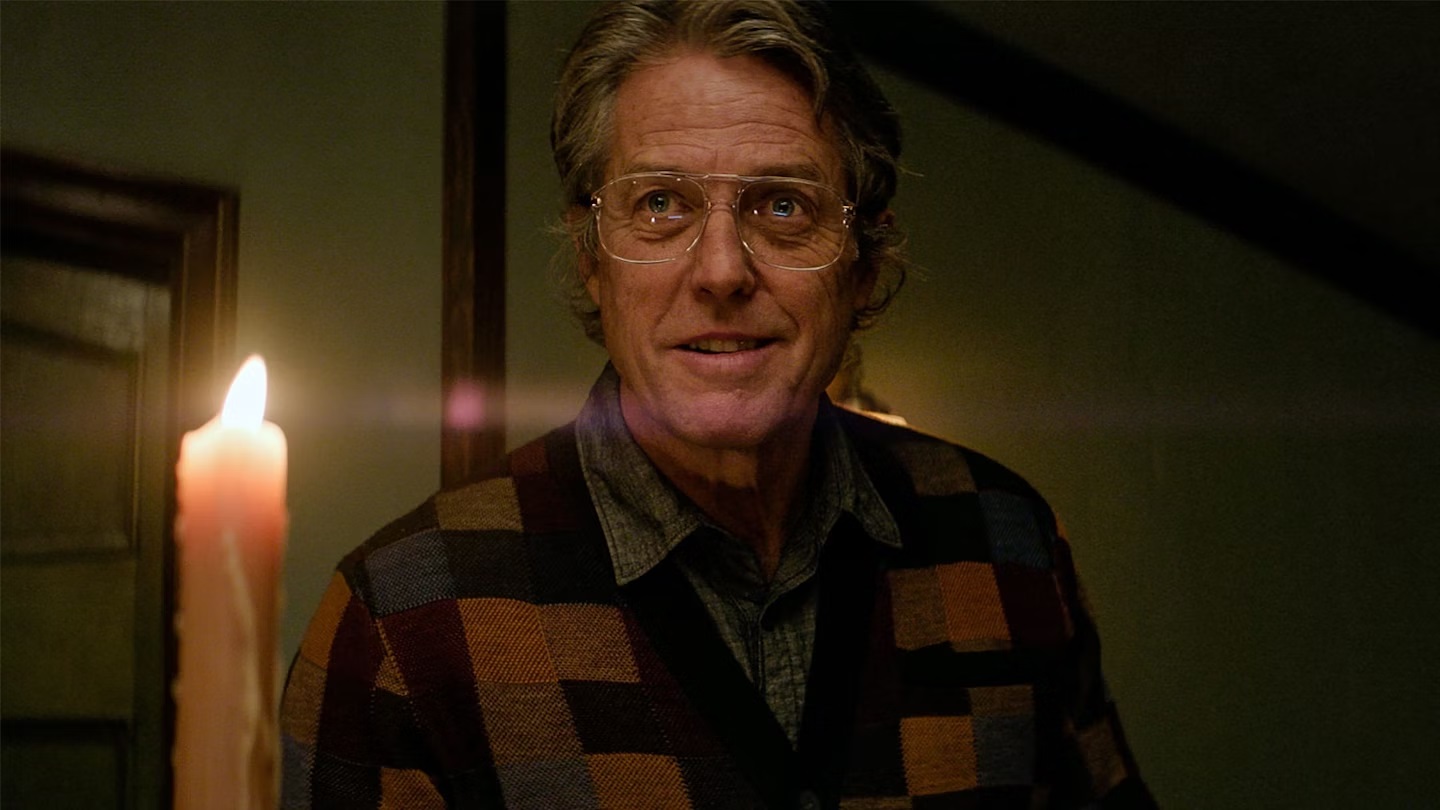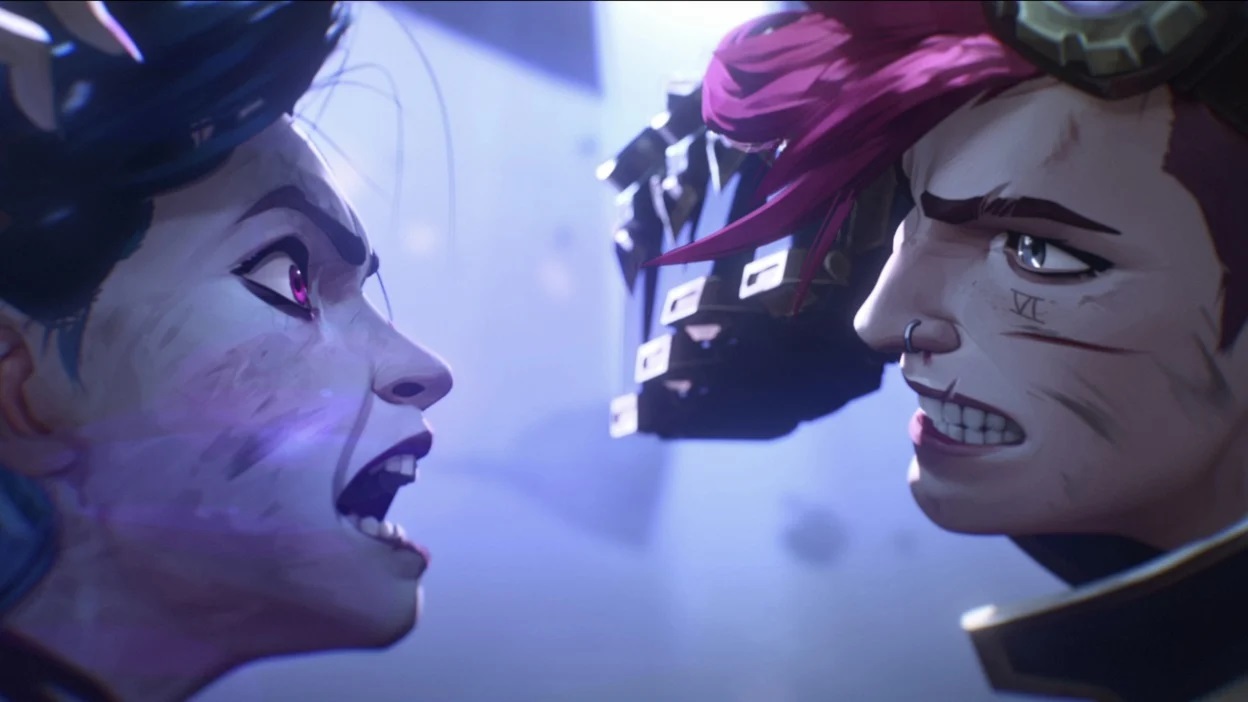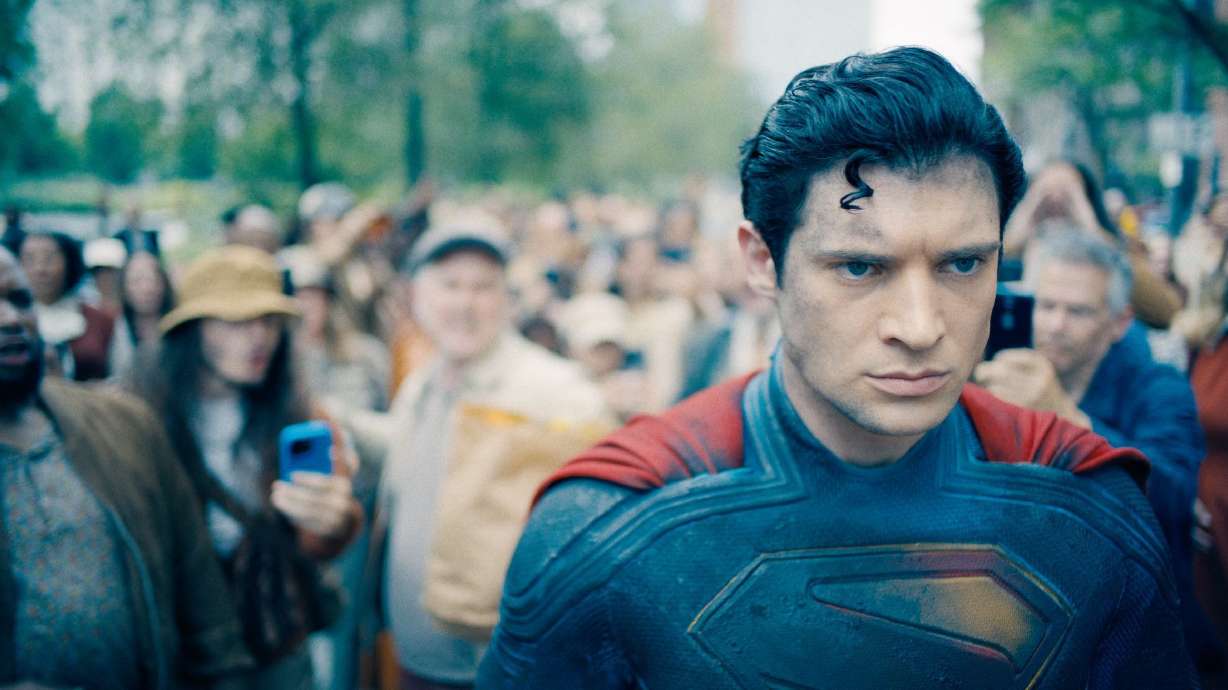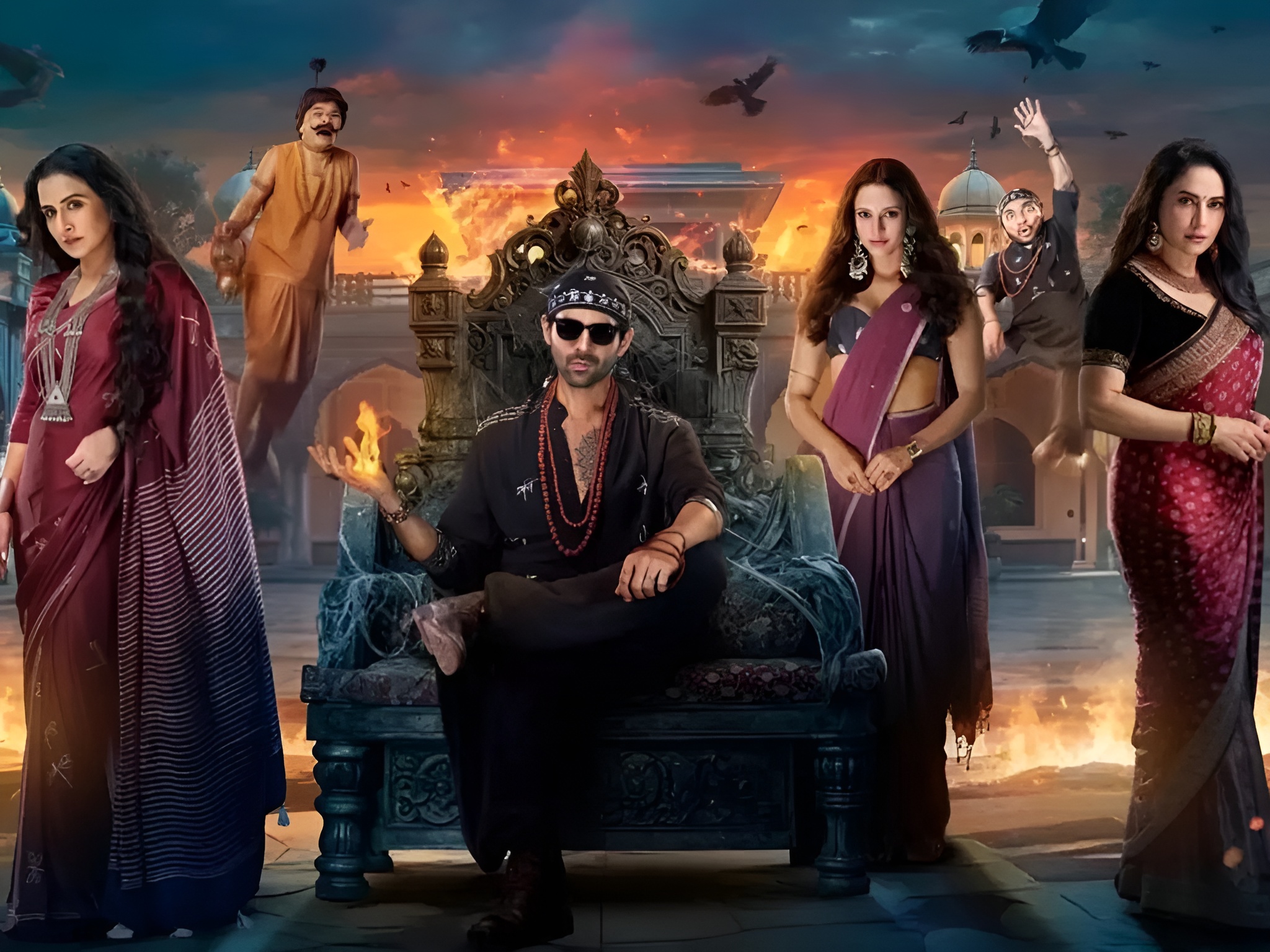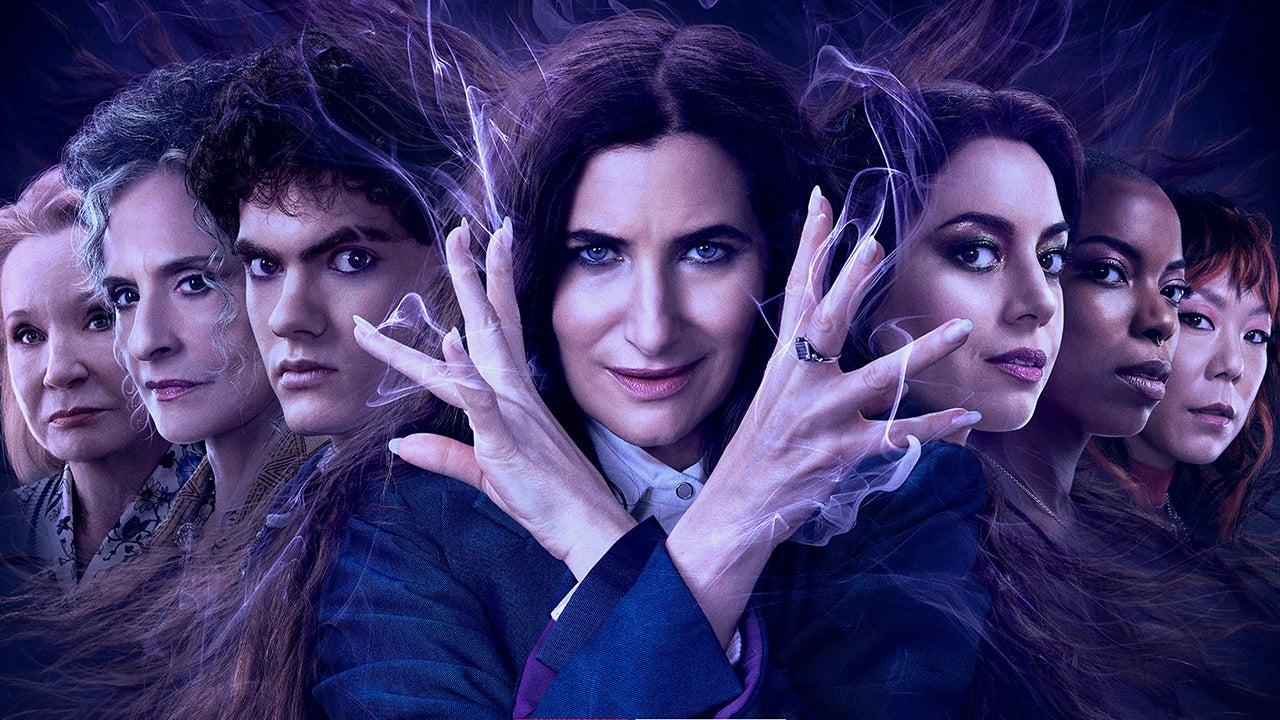The Mandalorian is a great example of the idiom ‘less is more’. It follows a simple premise and tells easy to follow stories around it, that of a lone wolf trying to make a living and protect his ward. Of course, the ward in question, the Child (and more commonly known as Baby Yoda) has become very, very popular due to its cuteness, but the series thrives on the basis of its consistency.
Set five years after Return of the Jedi, the show follows the titular character, a bounty hunter (Pedro Pascal) operating in the fringes of the galaxy. Although the empire has fallen, he remembers the time his homeworld was attacked and both of his parents were killed, after which a Mandalorian tribe adopted him as a foundling. Soon, he finds himself protecting a child of his own when he discovers the Child on a mission.
In essence, the Mandalorian is an old Western gunslinger, and the adventures he has bore the hallmarks of the wild west.
Although Pascal rarely takes off the helmet, he forges a distinctive personality with his dialogue and body language.
With Jon Favreau at the directing helm and Dave Filoni doing a lot of the writing, The Mandalorian cruises through most of its episodes. The camera rarely lingers and the pacing is dynamic, slowing down when it needs to. There are nods to the greater universe, such as with Jawas and Mandalorian temples, but they rarely distract from the narrative. Ludwig Grandson’s score is also beautifully haunting, and to date, the most original Star Wars score, with most of the other new Star Wars content treading the footsteps of John Williams.
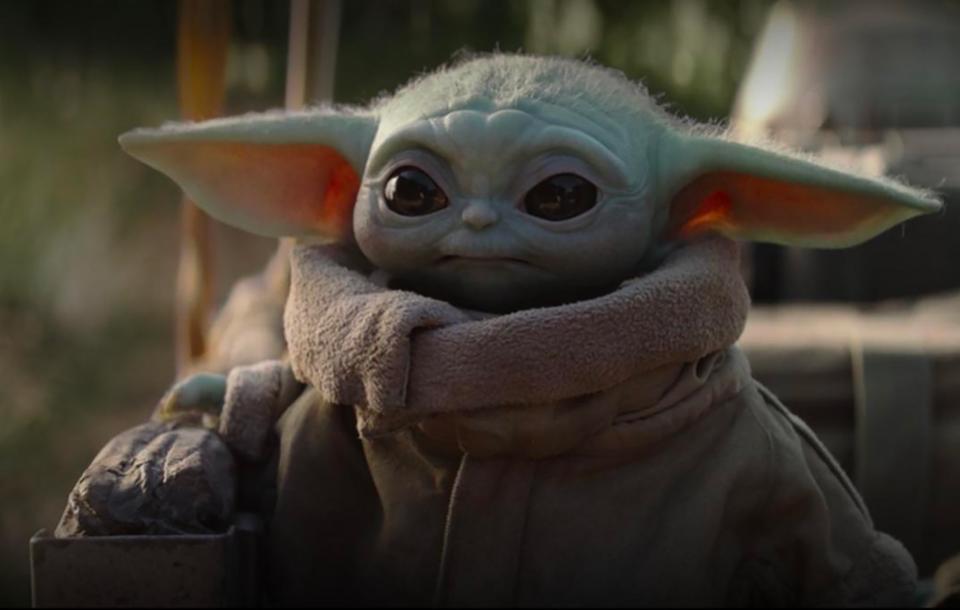
While the core thread of the Child is present throughout most of the episodes, the story is mostly told in episodic format, with a small group of core characters. Gina Carano is Cara, a former republic shock trooper and Carl Weathers plays the handler Greef Carga, while Taika Waititi plays the droid IG-11. And then there’s Werner Herzog as the mysterious ‘Client’.
As to be expected, some episodes are better than others. The second episode, for instance, stands out, while the fifth episode has the most glaringly weak dialogue and acting. The two parter finale brings the season to a satisfying conclusion, with plenty of action and a handful of meaningful moments. It looks like Mando (real name: Din Djarin) has to take care of the Child for the foreseeable future, or at least as long as it takes for him to find its home.
Although the series has a fraction of the budget of the sequel trilogy, it uses its limitations to its advantage, with a shootout taking place across a whole town in the finale that raised the stakes dangerously high. The series also knows that it has to use the Child sparingly: every time he uses the force, it exhausts him.
The Mandalorian returns in fall 2020, and hopefully, the series will build from strength to strength, and evolve the story in the following seasons rather than sticking to a tried and tested formula. Even if it does do that, it would still be a fine series. But here’s to hoping it can be even greater.
